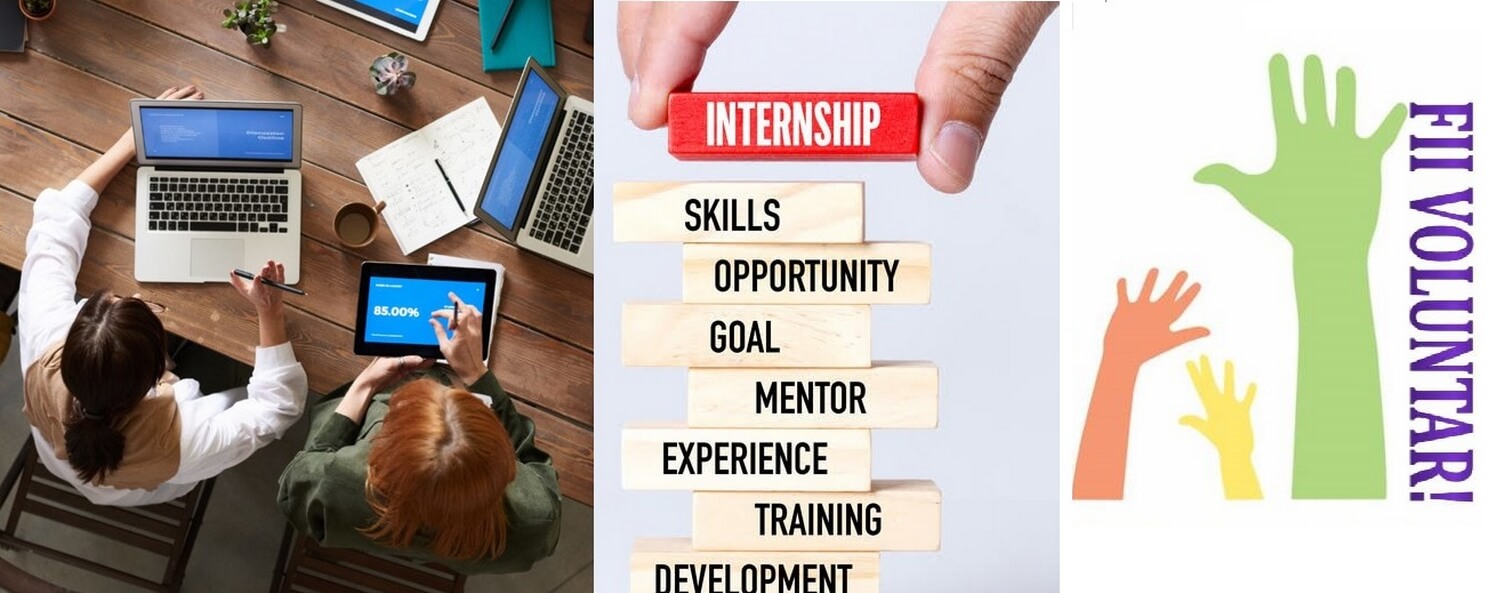If they want to gain work experience without being effectively employed, minors can resort to volunteering or internship, both activities being regulated by Romanian law. Instead, those who want to commit must know that labor law provides for a number of rights for them, but also additional obligations for the employer.

1. Volunteering
Minors can volunteer to gain experience, and for this they have to sign a volunteer contract with an organization that offers such services, other companies or state institutions.
Law 78/2014 which regulates the volunteer activity in Romania establishes that volunteering is not paid, but the volunteer periods are recognized as professional or specialized experience. However, the host organization may bear the costs of food, accommodation and transport or other expenses incurred for the volunteer in its work.
2. Internship
Those over the age of 16 can follow an intership ( exceptionally, with the consent of their parents, can also have over 15 years ), in a company with which they no longer had employment or service relationships.
Law 176/2018 on internship provides that following the signing of such a contract, the domestic must be paid, and the allowance offered must not be less than half of the minimum gross salary. This allowance shall be granted in proportion to the number of hours of activity carried out and shall be subject to taxation.
The internship contract may not last more than 720 hours for a period of six consecutive months, and the intern will work in the host organization under the direct coordination of a mentor.
3. Daily activity
Those under the age of 18 may carry out activities as day laborers suitable for “their physical development and the skills they show ( … ) and their health is not endangered“, these provisions being mentioned in Law 52/2011 on the activity of day laborers.
Workers and minors of at least 15 years may be daily, but their right to physical, mental, spiritual development must not be violated by the activity they perform, moral and social and the right to education.
4. Framing as an employee
The Labor Code stipulates that a person may be employed on the basis of an individual employment contract from the age of 16, but, exceptionally, with the consent of the parents, those over 15 can also be employed.
At work, minor employees benefit from:
-
maximum working time of 6 hours / day, respectively 30 hours / week;
-
lunch break of at least 30 minutes, if the daily working hours are longer than four and a half hours;
-
the same rights as adult employees ( for example: receiving unemployment, rest or medical leave );
-
three additional working days of rest leave, compared to the established minimum of 20 working days provided for adult employees per year.
However, the legislation in force provides that they may NOT perform additional work at night under difficult, harmful or dangerous conditions.
5. Revenue from paid activities
Children can also be paid for cultural, artistic, sports, advertising and modeling activities based on a contract concluded between the organizer and parents that complies with the provisions of the Civil Code. GD no. 75/2015 establishes that if the minor is over 14 years old and has received the approval of the parents, the contract can be signed directly with him.
However, these activities regulated by GD 75/2015 also provide for a number of restrictions, namely:
|
Activities can take place between classes:
|
The duration of the activity must be at most:
|
|
|
|
|
|
|
|
|
|
|
|
The normative act also emphasizes the fact that the continuous activity can be performed for a maximum of:
-
15 minutes, in the case of children under one year of age;
-
maximum 30 minutes, in the case of those aged between 1-5 years;
-
no more than 45 minutes for those over five years old.
After each continuous activity, children are entitled to short breaks of 10-15 minutes. They are also entitled to a long break of at least 30 minutes, depending on their age, and may perform weekly activities within a maximum of four consecutive days.
The child must be accompanied by an adult throughout the activity.
Also, parents whose children are going to earn money from commercials, movies, plays, concerts or other similar activities must announce this to the public social assistance service no later than 10 working days before the start of the activity.



